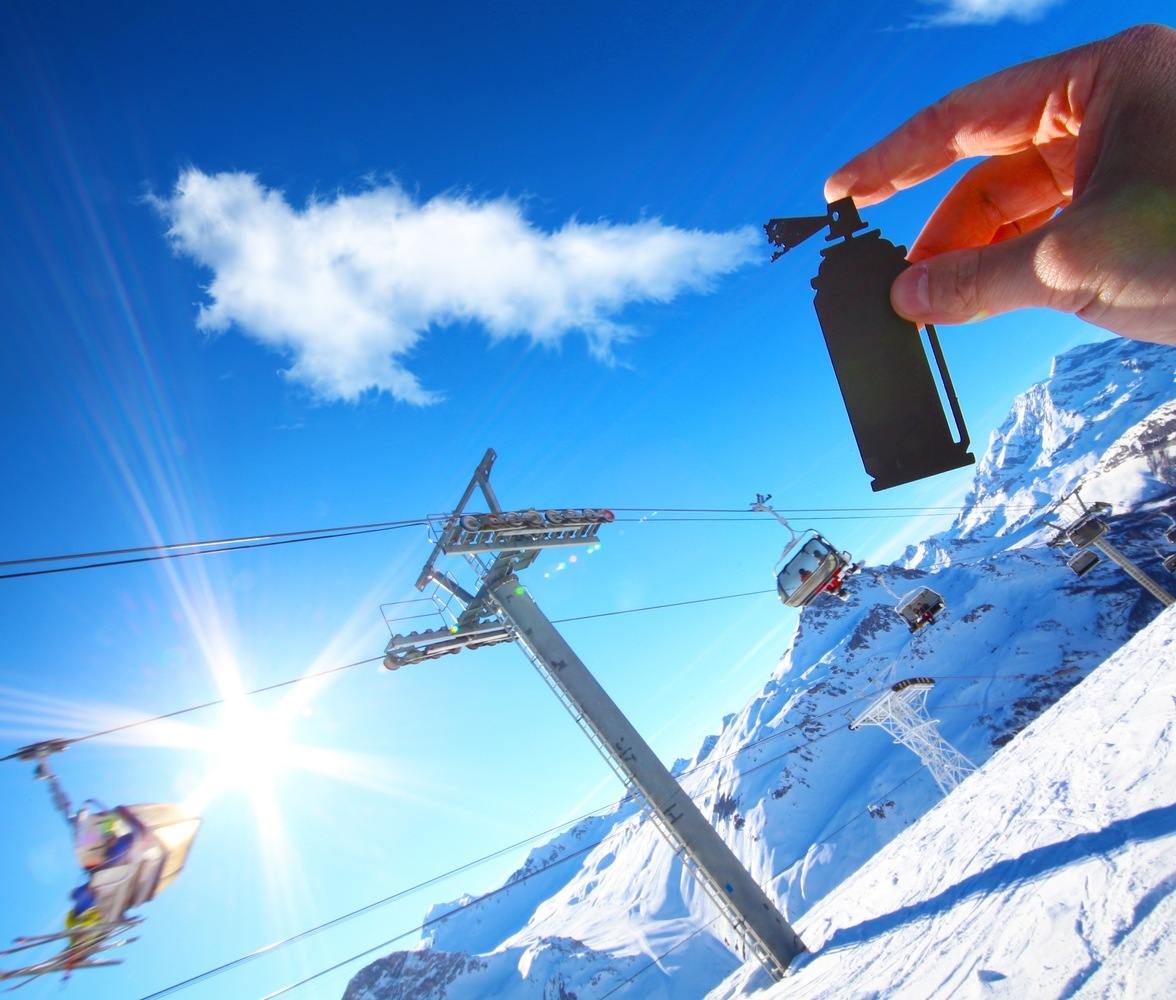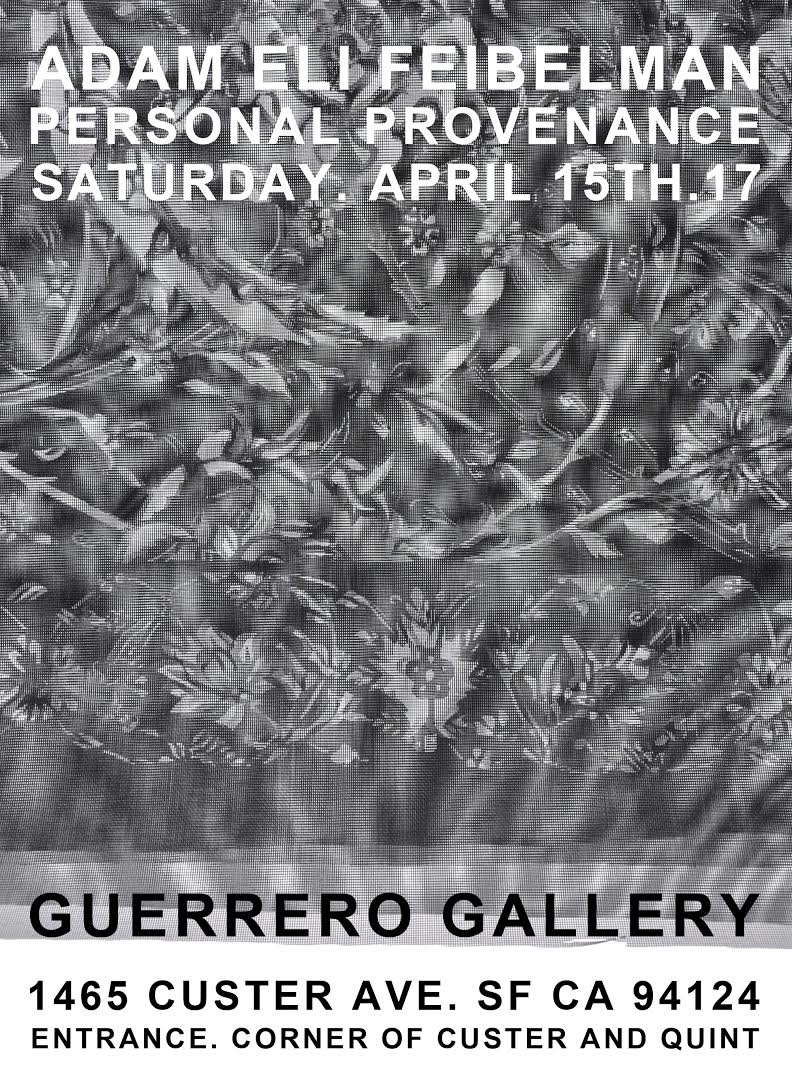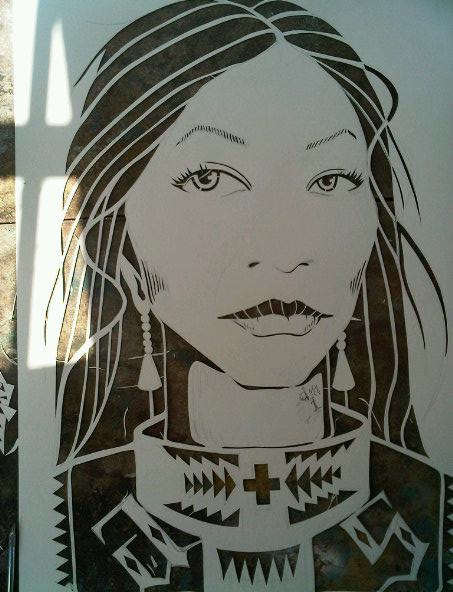 « people and things » : des gens et des choses…
« people and things » : des gens et des choses…
Jef aurait aussi bien pu appeler cette exposition « Sujets et Objets », dans tous les sens des deux vocables.
Humains ou inertes, vivants ou inanimés, ces objets/sujets se jouxtent, se complètent, dialoguent, racontent ce que nous sommes et ce qui nous constitue : rêves, peurs, espoirs, colères, larmes, sourires, souvenirs, interrogations…
Tantôt profond ou sombre, tantôt léger ou futile, à la fois possédé par ses nostalgies et remué par l’actualité, l'artiste pulvérise ses émotions à travers la dentelle de ses pochoirs. Pour cette exposition, il a privilégié le carton et le bois de récupération : supports vivants et si « riches de leur pauvreté ». Une fois de plus, Jef Aérosol affirme cet « engagement poétique » qui le caractérise.
Né à Nantes en 1957, vivant à Lille depuis 1984, Jef Aérosol est l’un des pionniers de ce qu’on appelle aujourd’hui « street art » ou « art urbain ».
Il pose sa première empreinte au pochoir en 1982 dans la ville de Tours où il réside alors.
Son imagerie doit autant à la culture punk-rock-pop qu’aux anonymes de la rue et ses oeuvres sont toujours soulignées de sa marque de fabrique : une mystérieuse flèche rouge. Depuis, ce dandy de la bombe aérosol a laissé sa marque sur les murs de nombreuses villes dans le monde entier : pochoirs furtifs ou grandes fresques murales telle celle que la Mairie du 4ème arrondissement de Paris lui a commandée en 2011 : le grand « Chuuuttt!!! » qui trône près du Centre Pompidou, face à la fontaine de Tinguely et Nikki de St Phalle.
Ses personnages en noir, blanc et nuances de gris, illustres ou inconnus, souvent peints à l’échelle 1, témoignent de l’attachement de Jef à de profondes valeurs humanistes. Son travail est également visible dans de nombreuses manifestations et expositions en galeries et musées, tant en France qu’à l’étranger. Sur le territoire hexagonal, il est représenté à Marseille par David Pluskwa et à Paris par la prestigieuse galerie Laurent Strouk.
 Light artist, and my sometimes show director, Christine Marie sent me a video of Rich McCor's hilarious and creative use of perspective and cut paper art. "It's like a stencil in the sky," she wrote with the shared video. McCor is better known as @paperboyo on Instagram, and his whimsy has made me smile a few times this week.
Light artist, and my sometimes show director, Christine Marie sent me a video of Rich McCor's hilarious and creative use of perspective and cut paper art. "It's like a stencil in the sky," she wrote with the shared video. McCor is better known as @paperboyo on Instagram, and his whimsy has made me smile a few times this week.
 As artist
As artist  <<< robi the dog getting weird in Hamburg
<<< robi the dog getting weird in Hamburg <<< T.I.E. fighters appear on 24th Street in the Mission
<<< T.I.E. fighters appear on 24th Street in the Mission Stencil Archive just passed 22,000 photos. Once again, your submissions are appreciated and help keep it large!
Stencil Archive just passed 22,000 photos. Once again, your submissions are appreciated and help keep it large! «
«  Douglas Miles, Global Fellow and February 2017 Artist-in-Residence
Douglas Miles, Global Fellow and February 2017 Artist-in-Residence <<< Unicorn Hot Air Balloon, by MBI (Hamburg)
<<< Unicorn Hot Air Balloon, by MBI (Hamburg)